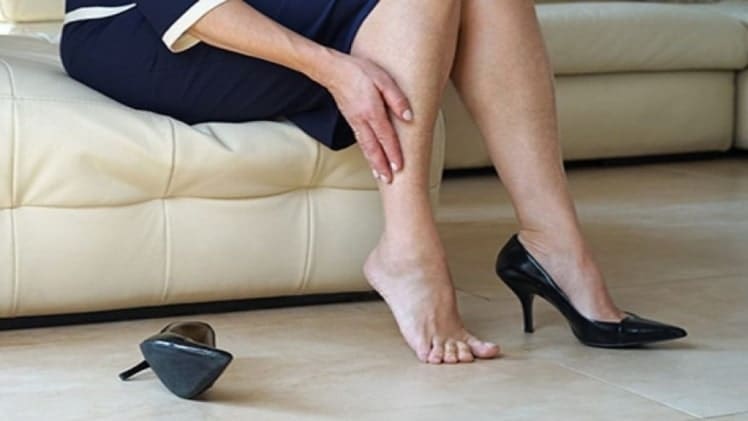A varicose vein is a type of venous disorder caused when the valves of a vein are damaged and do not allow the proper flow of blood. The veins become swollen and twisted and begin to bulge under the skin’s surface. Although they are not very dangerous for most people, some patients may develop certain complications. If you seek treatment for your varicose veins, you can opt for home remedies to relieve the symptoms. However, if varicose veins are a source of immense discomfort, you can also consider a sclerotherapy medical procedure in Boise, ID, which can ease the pain you experience.
What are the complications of varicose veins?
Varicose veins can cause certain complications as they directly affect the normal flow of blood. Certain factors can affect your probability of developing varicose veins, such as age, gender, genes, weight, lifestyle practices, tobacco use, etc. If you have varicose veins, you may be vulnerable to the following complications:
-
Phlebitis
People diagnosed with varicose veins are likely to develop blood clots. The formation of blood clots in the vein can lead to pain and inflammation. The skin may become heated and red. This usually occurs in superficial veins.
-
Deep Vein Thrombosis (DVT)
If blood clots are significantly large and located in a primary vein, the condition is called deep vein thrombosis. It usually occurs in a deep vein and can be fatal if it leads to pulmonary embolism.
-
Pulmonary Embolism
If a blood clot formed due to DVT gets dislodged from its origin and lodged in the lung, the condition is called pulmonary embolism. This is a serious condition and can potentially be fatal.
-
Bleeding
Varicose veins near the surface of the skin may sometimes begin to bleed if you suffer trauma to that area or develop a cut. The bleeding may become hard to contain, and you may lose a significant blood volume.
-
Dermatitis
Varicose veins can cause certain complications related to the skin, such as lipodermatosclerosis, which is the hardening of the skin, or eczema, which develops red, flaky, and scaly skin.
-
Venous Insufficiency
Varicose veins disrupt normal blood flow, and if this situation persists for a long time, the oxygen exchange can be affected negatively. This can make you vulnerable to other complications.
-
Venous Ulcers
In patients with varicose veins, there is increased venous pressure in the lower legs. The blood may collect underneath the skin and cause swelling and ulcers.
If you are diagnosed with varicose veins, it is not necessary that you will develop any complications. Most cases are mild, and the symptoms can be relieved at home. However, if you develop symptoms or signs that point to any of the above complications, you must contact your doctor immediately.

